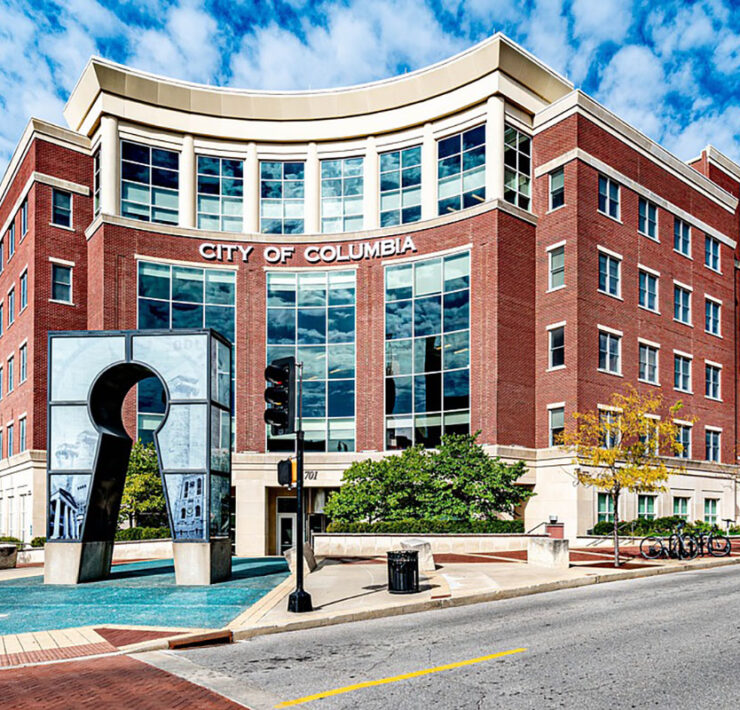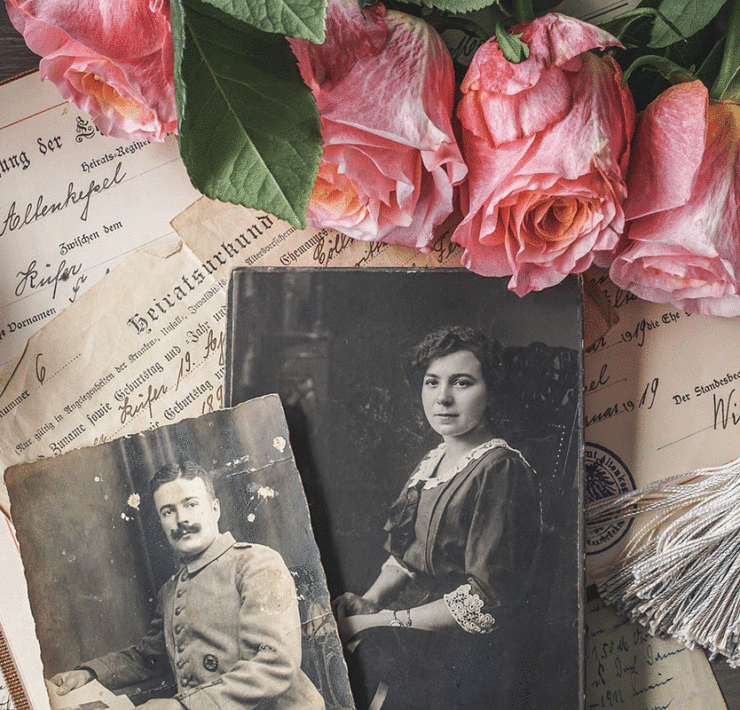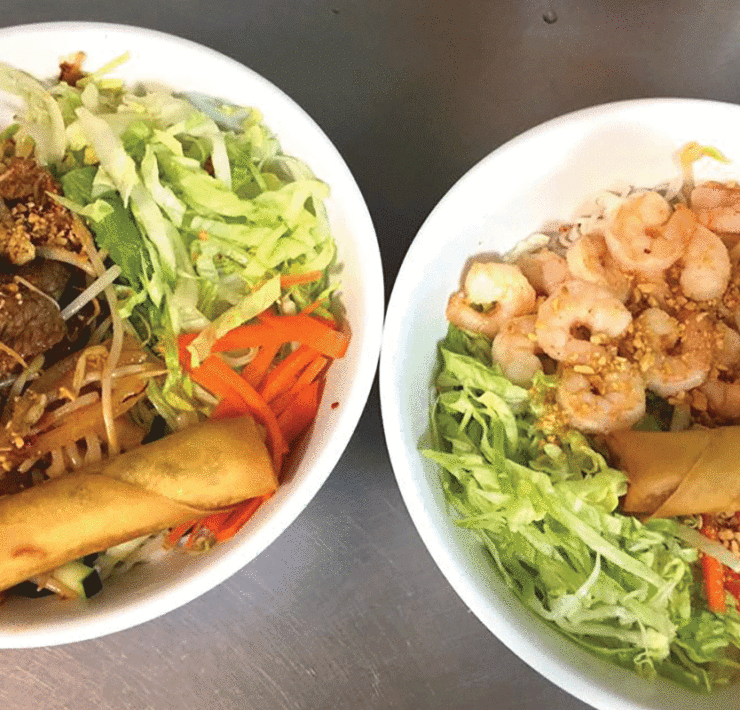Cooking Up a Shared Kitchen
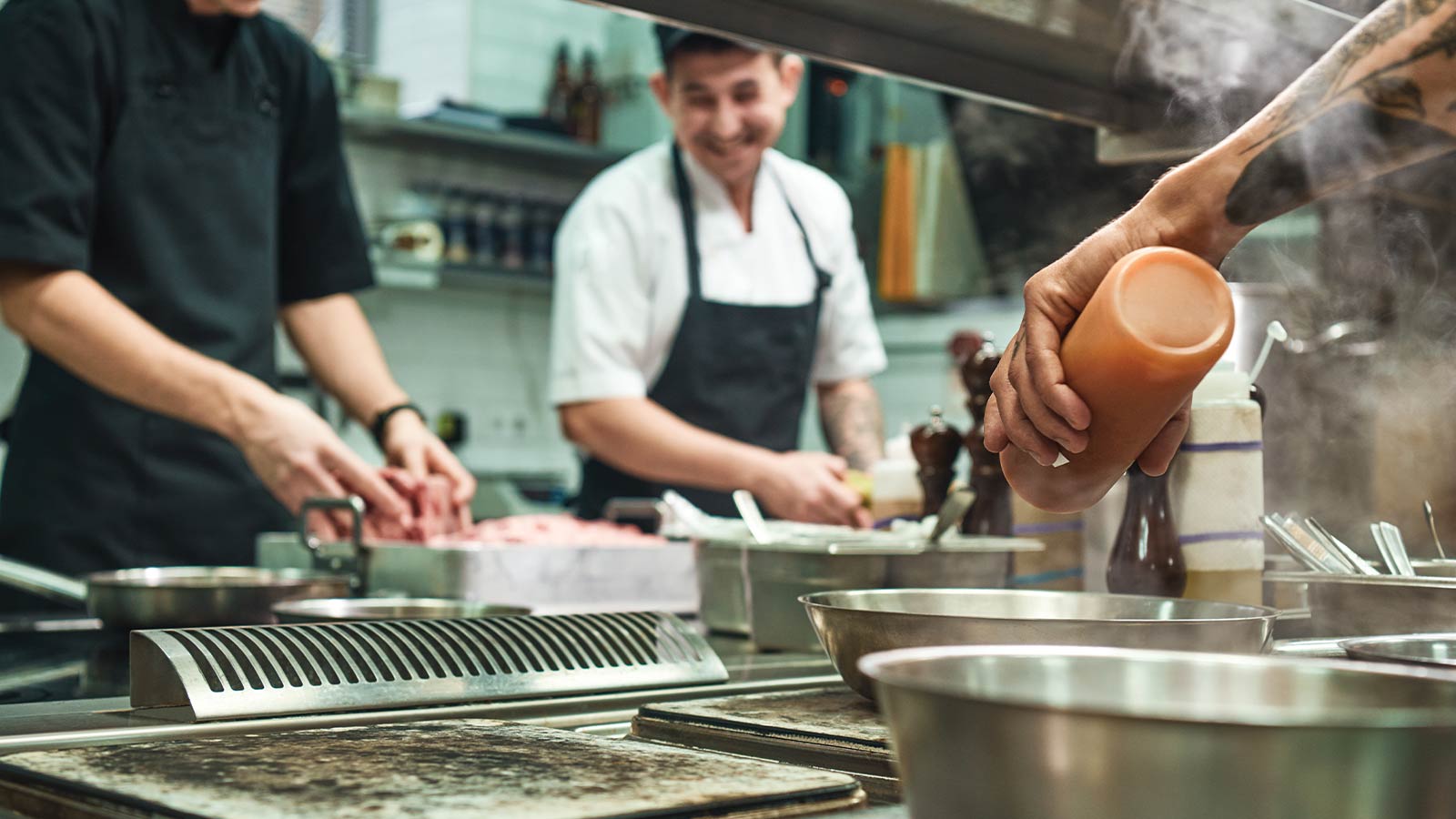
After three years in the making, COMO Cooks is preparing their shared kitchen for local chefs.
COMO Cooks has been three years in the making.
The shared kitchen that will soon open at Mizzou North had methodically advanced through the steps necessary for launch since the boards at Regional Economic Development, Inc., and The Loop Community Improvement District signaled their interest in pursuing the project.
Grants from the U.S. Economic Development Administration and Smart Growth America helped leaders at REDI and The Loop consult with industry leaders on how to best run a shared kitchen space. Local focus group meetings demonstrated the need and identified the infrastructure needed to fill it. And the participation of MU Vice Chancellor for Operations and COO Gary Ward yielded a home for COMO Cooks at Mizzou North that was already outfitted with a commercial kitchen.
Then, COVID-19 threw a wrench into everything.
“It’s slowed down a bit, but we do anticipate the need remaining,” says The Loop Executive Director Carrie Gartner, “maybe even more so in the post-COVID world.”
Carrie and Stacey Button, president of REDI, know better than to put a definite timeline on opening in this era of public health uncertainty, but they can see light at the end of the tunnel.
Construction plans have been approved by the Columbia/Boone County Department of Public Health and Human Services and MU’s facilities have reopened, so the process of moving the necessary equipment into the kitchen space can start. And the local, small-scale food manufacturers who were interested in utilizing COMO Cooks are still excited to use its services.
The incubation is about to begin.
“The idea that we can create a space that’s more accessible and inclusive — that’s not going to just happen,” Carrie says. “We’ve reached out to a bunch of folks, and that sort of outreach into those communities is ongoing. It’s not like, ‘If you open it, they will come.’ We’ve been working on this for a couple of years now.”
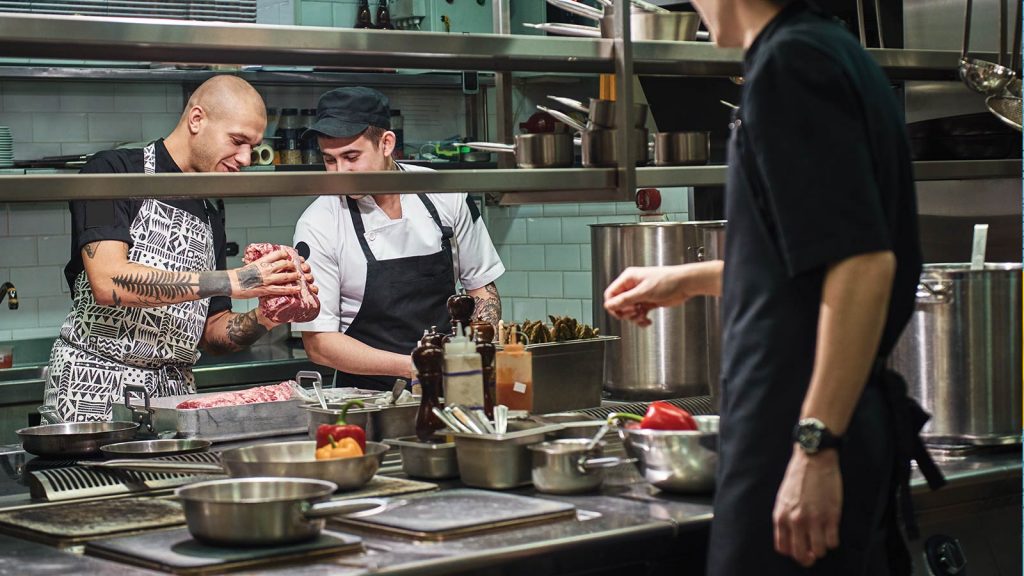
What Is COMO Cooks?
Carrie calls small-scale food producers a “hidden economy” within Columbia. Through focus-group meetings, she and The Loop’s board of directors identified these entrepreneurs as crucial partners in the group’s efforts to vitalize and support businesses along Business Loop.
Stacey and the REDI board saw COMO Cooks fitting nicely into their mission — growing Mid-Missouri’s economy — as well.
“The importance is that we’re able to bring and sustain quality jobs,” Stacey says. “This sector is important to our economy, so the opportunity for REDI to initiate a program in partnership with The Loop and other partners that will become part of this project is great for the entire region. It’s not Columbia-specific. We talk about all of the opportunities we can bring from all the different areas in our region to be able to utilize this kitchen.”
“There are so many food producers who need a path to the market. We’re an [agriculture] state. We have this farming feel in our blood. It’s part of our DNA in the state.”
Aspiring local food producers who become COMO Cooks members will have 24/7 access to the shared commercial kitchen, the equipment, a community of food producers, and to business counseling and workshops. There are three levels of monthly plans: 10 hours a month at $17 an hour, 50 hours a month at $14 an hour, and unlimited kitchen time for $1,350 a month. Members can also reserve additional time for $17 an hour.
Storage is complimentary for members when they’re working in the kitchen, and they can reserve long-term storage space at the facility for a fee. Entrepreneurs can apply and reserve spots online at the COMO Cooks website.
To REDI and The Loop, COMO Cooks will help the local business ecosystem by providing a relatively cheap way for food entrepreneurs to prepare their wares for market, improving the diversity and quality of the food sector in the region. Incubating these businesses could yield more quality jobs in the future and assist the health department in ensuring that new area food manufacturers are following proper safety, cooking, and handling protocols.
“It provides upward economic mobility for a lot of folks who may not normally have access to do so,” says Susan Hart, vice president and partner at Huebert Builders and vice-chair of the REDI board. “It offers people the opportunity to have their own business, which is a great way to build wealth for generations. When we recruit people to employ in Boone County and Columbia, they look at different things for quality of life. We’re asked more and more about our farm-to-table and restaurant offerings — people care about that. It helps our economy from all different aspects.”
Who Is COMO Cooks For?
Carrie says she is regularly in contact with a group of about 20 food entrepreneurs who are interested in leasing space at COMO Cooks.
They run the gamut in the food production process — caterers, food truck operators, bottlers, coffee makers, chefs, farmers, and so on all looking to inject some value-added products into their offerings. (For example, making a jar of sauerkraut in a shared kitchen could net more profit than selling heads of cabbage.)
“There are so many food producers who need a path to the market,” Carrie says. “We’re an [agriculture] state. We have this farming feel in our blood. It’s part of our DNA in the state.”
The barriers on those paths to the market can be insurmountable. Banks might be hesitant to lend startup money to an unproven entity. Buying necessary kitchen equipment is cost-prohibitive and, for entrepreneurs who plan on making small-batch products, doesn’t make much sense.
Having a shared kitchen space with facilities and equipment at the ready for an affordable price removes some common obstacles.
“They are folks with a lot of different paths to market, which helps the kitchen because it’s a diverse group of clients,” Carrie says. “It’s not just diversity in the types of products, but the types of people we’re getting in the kitchen. Someone who doesn’t have access to family wealth, a relationship with a bank, or a lot of collateral has an easier time starting a business because we’ve helped lower the barrier for them.”
With the entire sector reeling from the COVID-19 hit, COMO Cooks can also serve as a landing spot for newly unemployed food workers who are looking to branch out on their own.
“There are immediate, short-term needs based on the crisis, and we can be responsive to what those needs are with the facility,” Stacey says. “At the same time, it goes into long-term recovery and ongoing needs specific to that industry in our local economy.”
What’s Left To Do?
As Columbia and Boone County started reopening in mid-May, REDI and The Loop resumed the process of readying COMO Cooks for its debut.
Carrie shored up the kitchen’s initial client list and reached out to new potential lessees. Stacey continued working with MU on budgetary considerations. Susan inventoried the construction still to-do — minor build-outs to the commercial kitchen are already in place at Mizzou North.
“If we had to build a kitchen from scratch, this wouldn’t have happened,” Susan says. “The university’s infrastructure with that has been critically important. The project is so relevant and important for our economy post-COVID. That’s the most fascinating thing about this project — even though it has the basic infrastructure in place, it keeps changing for the need that arises.”
There is also the matter of reading and reacting to whatever new safety guidelines will remain in place as the world works its way to the other side of the COVID-19 pandemic.
The kitchen setup, with separate bays for each of its inhabitants, allows COMO Cooks to follow social distancing guidelines, according to Carrie. But it’s also a fool’s errand to try and predict what twists and turns the future will hold.
“We won’t know the new needs for a while. Any business owner now is going week by week,” Carrie says. “We’re sliding into a new normal, but the past few months there have been so many changes, pivots, and new ways of doing business. We really do see delayed impacts of this virus. What is going to help is if we make a versatile kitchen that’s affordable and has the access and equipment people need. Then we can welcome a variety of different uses as impacts are seen month to month.”



